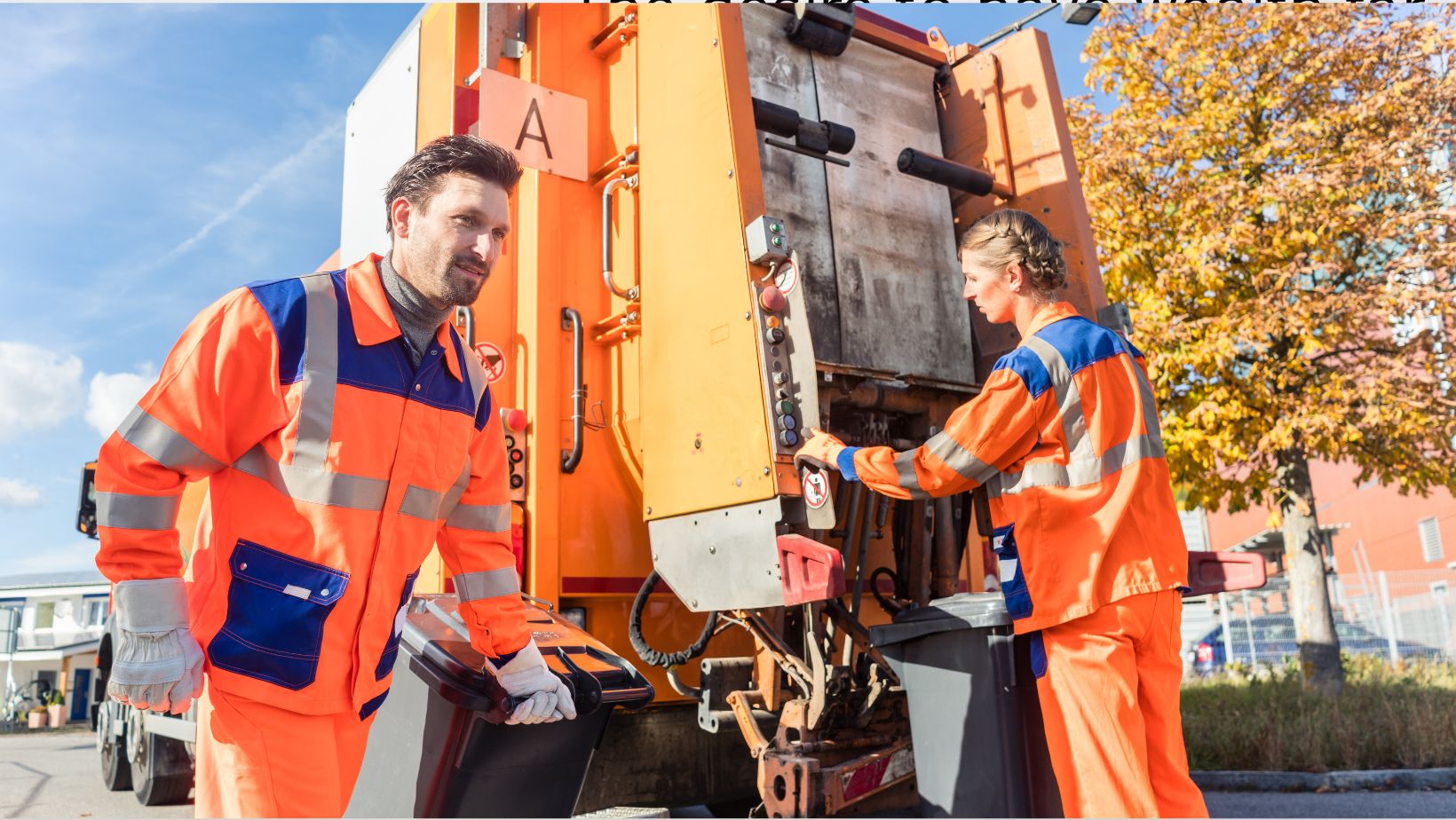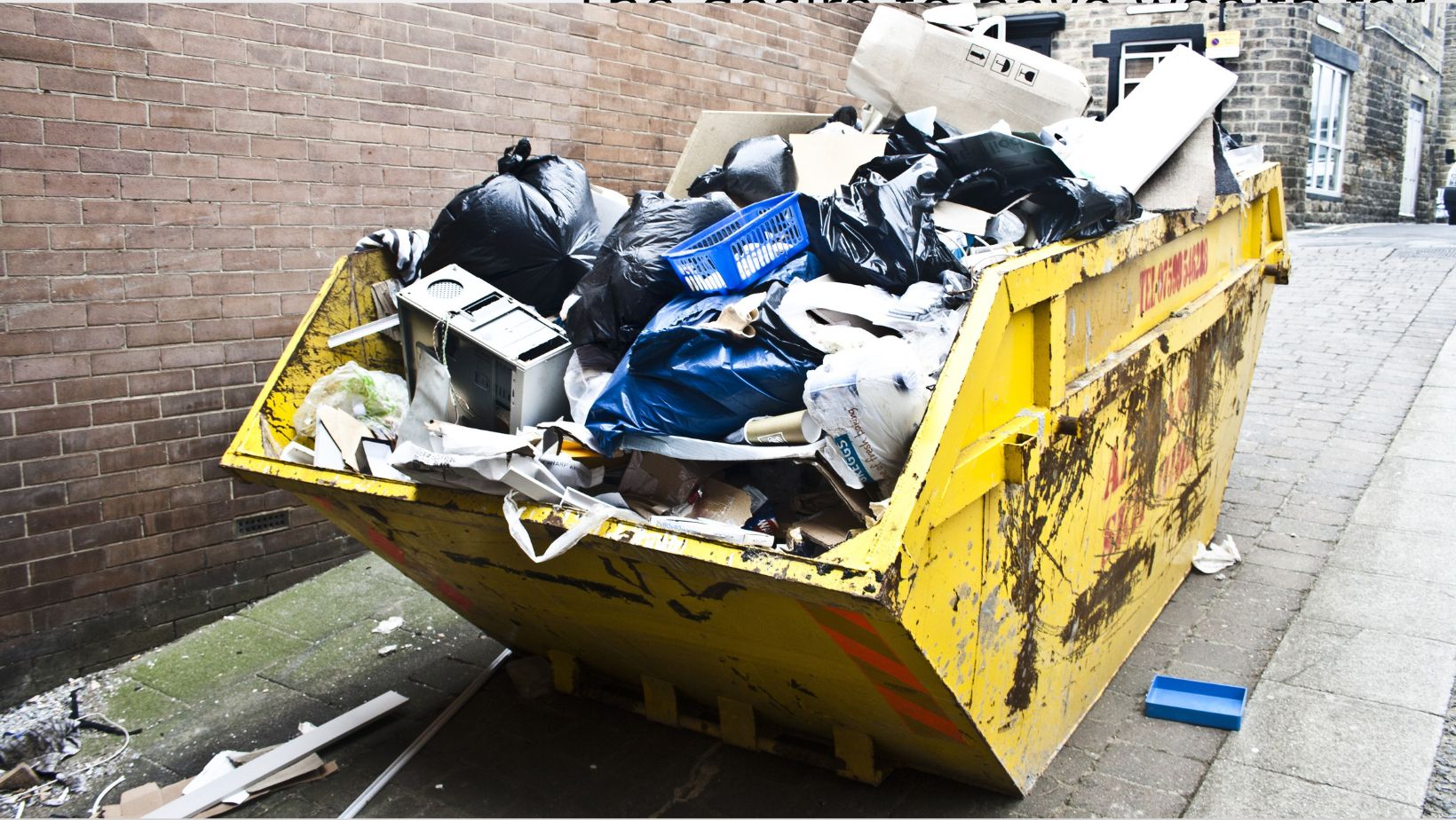Determine Where to Dispose of Each Type of Waste.
When it comes to waste disposal, it’s crucial to know exactly where each type of waste should go. As an expert in waste management, I’ve encountered countless individuals who are unsure of how to properly dispose of their waste. In this article, I’ll provide you with the essential information you need to determine the correct disposal method for each type of waste. By understanding the proper channels for waste disposal, you’ll not only contribute to a cleaner environment but also avoid potential legal consequences.
As we navigate the complexities of waste disposal, it’s important to recognize that different types of waste require different methods of disposal. From household waste to hazardous materials, each category demands its own unique approach. In this article, I’ll guide you through the process of determining where to dispose of each type of waste. By following these guidelines, you’ll not only ensure compliance with environmental regulations but also contribute to a sustainable future for our planet.
Identifying the Correct Disposal Method
When it comes to waste disposal, it’s crucial to determine the correct method for each type of waste. By doing so, we can ensure that waste is handled appropriately, minimizing environmental impact and potential legal consequences. In this section, I’ll guide you through the process of identifying the correct disposal method for different types of waste.
Municipal Waste Management
One of the most common methods of waste disposal is through municipal waste management systems. These systems are responsible for collecting, processing, and disposing of general waste generated by households and businesses. To determine if your waste falls under this category, consider the following:
- Residential Waste: If you’re disposing of waste generated from everyday activities in your home, such as food scraps, packaging materials, or non-hazardous household items, it typically falls under the category of general waste. In this case, your waste can be disposed of through regular curbside collection provided by your local municipality.
- Commercial Waste: For businesses, the waste generated may include office paper, packaging waste, or non-hazardous materials. Similar to residential waste, commercial waste can usually be disposed of through municipal waste management systems. However, it’s essential to check with your local municipality or waste management service provider for specific guidelines and regulations.

Disposing of General Waste
When it comes to disposing of general waste, there are a few options available that can help you determine where to dispose of each type of waste. In this section, I’ll provide you with some guidance on the various disposal methods for general waste.
Trash Bins and Waste Collection Services
One of the most common ways to dispose of general waste is through trash bins and waste collection services. Most households have designated trash bins for regular waste, which are collected on a regular basis by waste management companies. These bins are typically meant for non-recyclable items and should be used for general waste that cannot be recycled or composted.
If you’re unsure about what can go into your regular waste bin, it’s best to check with your local waste management guidelines. They can provide you with specific instructions on what is accepted as general waste in your area.
Municipal Landfills
Another option for disposing of general waste is through municipal landfills. These large facilities are designed to handle various types of waste, including general waste. Municipal landfills are regulated and controlled to ensure proper disposal and minimize environmental impact.
When using municipal landfills, it’s important to follow any guidelines or regulations set by your local authorities. This may include segregating waste into different categories or ensuring that certain items are not disposed of in the landfill. By following these guidelines, you can help prevent any potential harm to the environment and ensure that your general waste is disposed of properly.
When it comes to hazardous waste, I have explained how to identify and store it properly to prevent accidents and minimize environmental impact. I have provided guidance on disposing of hazardous waste at authorized collection sites, emphasizing the importance of following instructions and documentation. By adhering to these guidelines, we can ensure that hazardous waste is handled and processed in a safe and responsible manner, protecting both human health and the environment.

